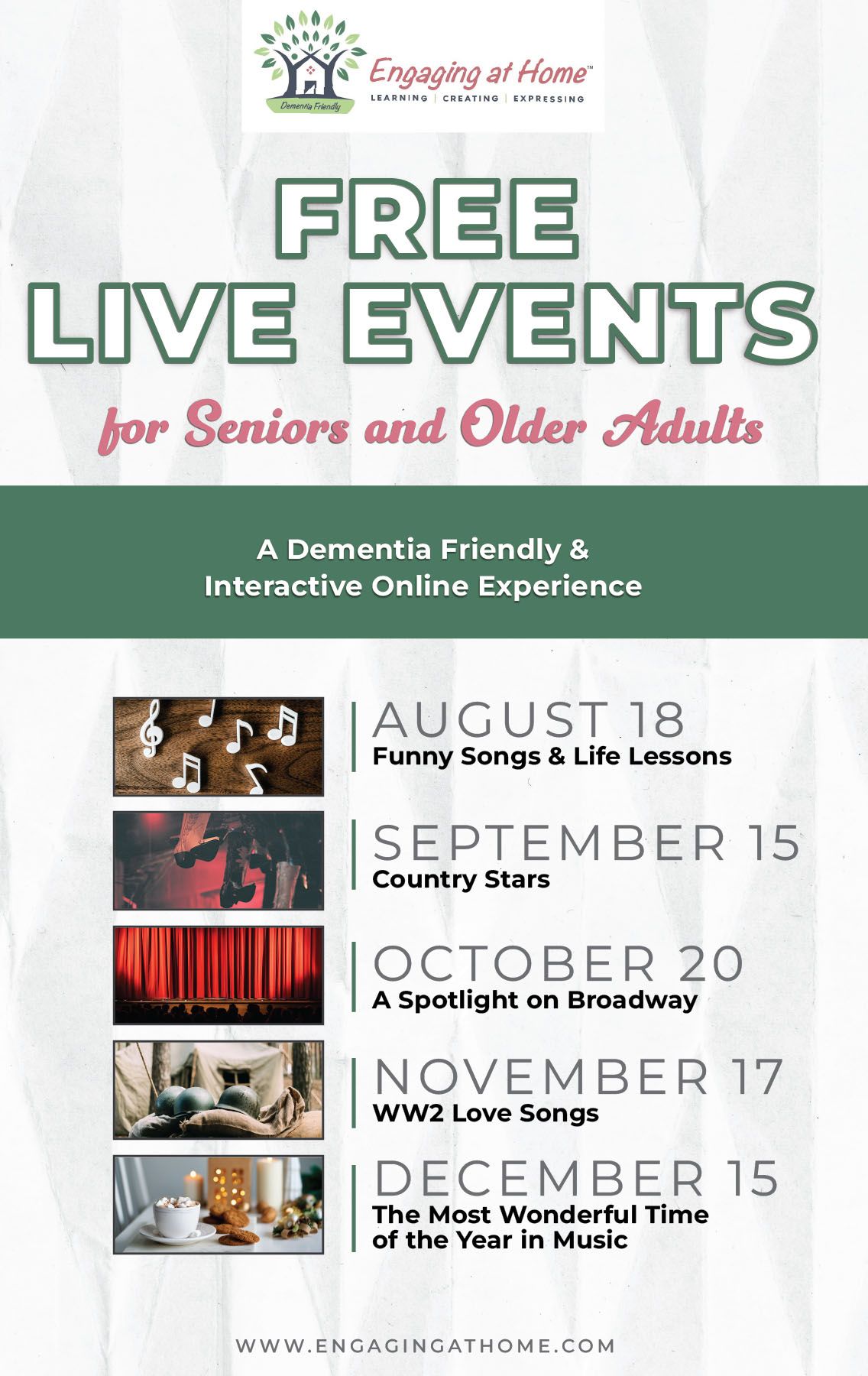
A warm summer breeze has filled the air, so we have officially entered a season for barbecues, afternoons by the pool, and three-day weekends! As you look forward to your upcoming vacation days, we understand that you might be feeling worried about how to keep your loved one with dementia safe through what already feels like a never-ending heat wave. Seniors have a much higher risk of developing a heat-related illness. But, with some creativity and a few extra precautions, you can still make it possible for you and your loved one to enjoy some exciting summer-themed activities.
For starters, set aside time to get out and enjoy the sunlight. Sunshine has been proven to provide a healthy dose of vitamin D. According to Elder, many older adults don’t get enough of this vitamin, leading to increased frailty and cognitive difficulties. On the flip side, vitamin D is a real powerhouse for the body and can act as an effective mood booster perfect for decreasing feelings of depression or loneliness, as found by recent studies.
So, venture outdoors with your loved one – even if just for a little bit each day. Since the Alzheimer’s Association suggests avoiding the hours between 10 AM and 2 PM when the sun’s rays are the strongest, you might consider dedicating an hour at the start or end of your daily routine to absorbing some fresh air. Consider inviting your loved one to join you on the front porch for some morning coffee and a crossword puzzle. If your loved one isn’t a morning person, ask them to catch the sunset with you from the backyard instead.
If you’re looking for an opportunity to take a day trip, visit local farmers’ markets in your area. Because the implications of dementia can often feel isolating, providing opportunities to feel connected to their community and those around them is essential. You could even expand this activity by working on creating your very own farm-to-table meal and asking your loved one to help you pick out some fresh produce as you shop. Meanwhile, as you stroll through each table, spark conversations with your loved one about the fruits and veggies they enjoy, the meals they used to eat growing up, and what new foods they might be interested in trying.
When the temperatures are soaring, and it’s ultimately best to stay indoors, consider a new way to bring a bit of sunshine into your home. Color psychology is a growing theory that reflects on the impact specific colors have on our emotions. According to Mountain Vista Psychology, red, orange, and yellow have associated feelings of warmth and comfort. Not only are these colors found in the sky when the sun sets, but they are also the colors of some of our favorite indoor plants.
With this in mind, consider bringing some light into your home by planting an indoor garden that recreates some of your loved one’s favorite summer scenes. Bridges by EPOCH notes how gardening can be a great form of exercise by combining muscle strengthening with flexibility. Furthermore, gardening is an activity that can enhance your loved one’s ability to remain independent by allowing them an opportunity to be selective in handpicking flowers and encouraging them to get their hands a little dirty.
Engaging at Home™ helps caregivers to feel empowered by offering ways to have meaningful engagement with loved ones who have cognitive impairment. We provide narrated videos, activities, seated wellness and fitness videos, and more. Contact us today for a free 14-day trial.



